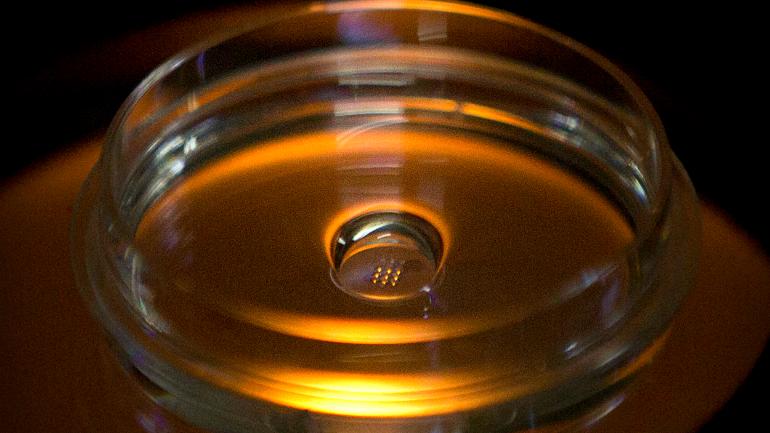Lulu and Nana: First genetically modified babies born in China, researcher says

NEW DELHI, Nov 27, 2018, India Today. It will be years, perhaps a decade at least, before Lulu and Nana can begin to understand how they are different from the rest of us. Born this month in China, the twin girls are said to carry genes — strands of DNA code — that were altered for HIV-immunity with an “editing” tool when they were still single-cell embryos not yet inside their mother’s womb, reported the India Today.
At least that’s what He Jiankui, one of the researchers involved, says. The Associated Press (AP), which first reported his claims, says there is no independent confirmation yet. But if He Jiankui has done what he says he has, an MIT publication opines, he’s scripted a “stunning medical achievement”.
How were Lulu’s and Nana’s genes modified? The inner life of cells is difficult to explain without jargon, but He Jiankui (himself a father of two girls) does a fairly commendable job. He said an egg from the twins’ mother, Grace, was fertilised artificially with sperm from their HIV-positive dad. Along with the sperm, He’s team “also sent in a little bit of protein and instructions for a gene surgery,” one that “removed the doorway through which HIV enters to infect people”. A test conducted before the embryos were implanted inside their mother showed the procedure had “worked safely, just as intended”.

The gene that He Jiankui sought to disable is called CCR5, which forms a protein doorway that allows HIV, the virus that causes AIDS, to enter a cell. The techonology used is called CRISPR-cas9.
You can watch He Jiankui describe the procedure here.
He Jiankui told the AP that tests suggest one of the girls had both copies of the modified CCR5gene (Remember, that’s the one responsible for the HIV “doorway”.). The other girl had one modified gene. “No gene was changed except the one to prevent HIV infection,” the scientist said in his video statement. “The girls are safe and healthy as any other babies.”
People with one copy of the gene can get HIV, but very limited research suggests their health might decline more slowly once they do.
Two genetics experts have questioned the decision to allow one of the embryos to be used in a pregnancy attempt, because the researchers said they knew in advance that both copies of the intended gene had not been altered.
But even if editing worked perfectly, people without normal CCR5 genes face higher risks of infection by other viruses such as West Nile, and of dying from the flu. Since there are many ways to prevent HIV infection and it’s very treatable if it occurs, those other medical risks are a concern, said Kiran Musunuru, a University of Pennsylvania gene editing expert.
He Jiankui knows his work is controversial, and admits as much. “But I believe families need this technology and I’m willing to take the criticism for them,” he said.
What about fears about “designer” babies? “Gene surgery is and should remain a technology for healing,” He Jiankui explained. “Enhancing IQ or selecting hair or eye colour is not what a loving parent does.”
“That should be banned.”